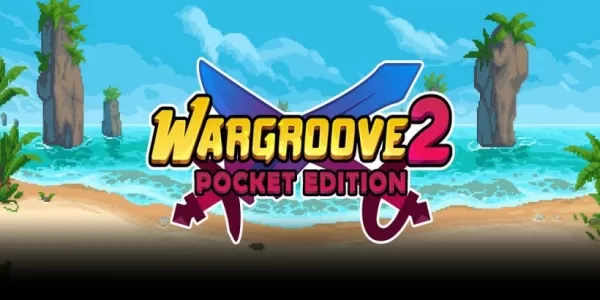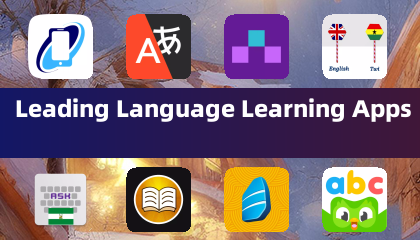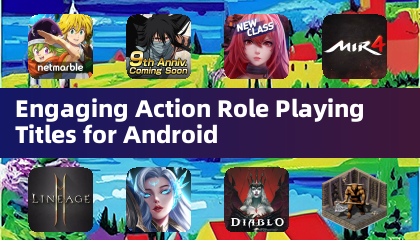EA's Origin app, launched in 2011, aimed to rival Steam as a digital storefront for EA's PC games. While initially notable for its mandatory use with *Mass Effect 3* in 2012, Origin's clunky user experience and frustrating logins led to widespread avoidance. Despite this, EA has now replaced Origin with the equally criticized EA app, resulting in some significant drawbacks.
One major issue is the potential loss of access to games. If you own games on Origin but haven't transferred your account to the EA app, you risk losing access to your purchased titles. This transition also leaves users of 32-bit operating systems behind, as the EA app only supports 64-bit systems. While Steam also dropped 32-bit support in early 2024, it's highly unlikely that anyone with a relatively recent PC is still using a 32-bit OS. Windows 11 users are unaffected, and 64-bit support has been available since Windows Vista, nearly two decades ago. You can quickly check your system's RAM; 32-bit systems are limited to 4GB. More than that indicates a 64-bit system. However, if you're using a 32-bit version of Windows, a full system reinstall with a 64-bit version is necessary.
The phasing out of 32-bit support highlights concerns about digital ownership. Losing access to years' worth of purchased games due to hardware changes is frustrating, and this isn't unique to EA; Steam has also dropped 32-bit support. This situation is further complicated by increasingly prevalent intrusive digital rights management (DRM) solutions like Denuvo, which often require deep system access or impose arbitrary installation limits despite purchase.
A solution for preserving legitimately purchased digital libraries is to support GOG (Good Old Games), run by CD Projekt. GOG offers DRM-free games, meaning you can download and play them on any compatible hardware indefinitely. While this opens the door to potential piracy, it hasn't stopped new titles from being released on the platform, with *Kingdom Come: Deliverance 2* slated for release soon.

 LATEST ARTICLES
LATEST ARTICLES 












